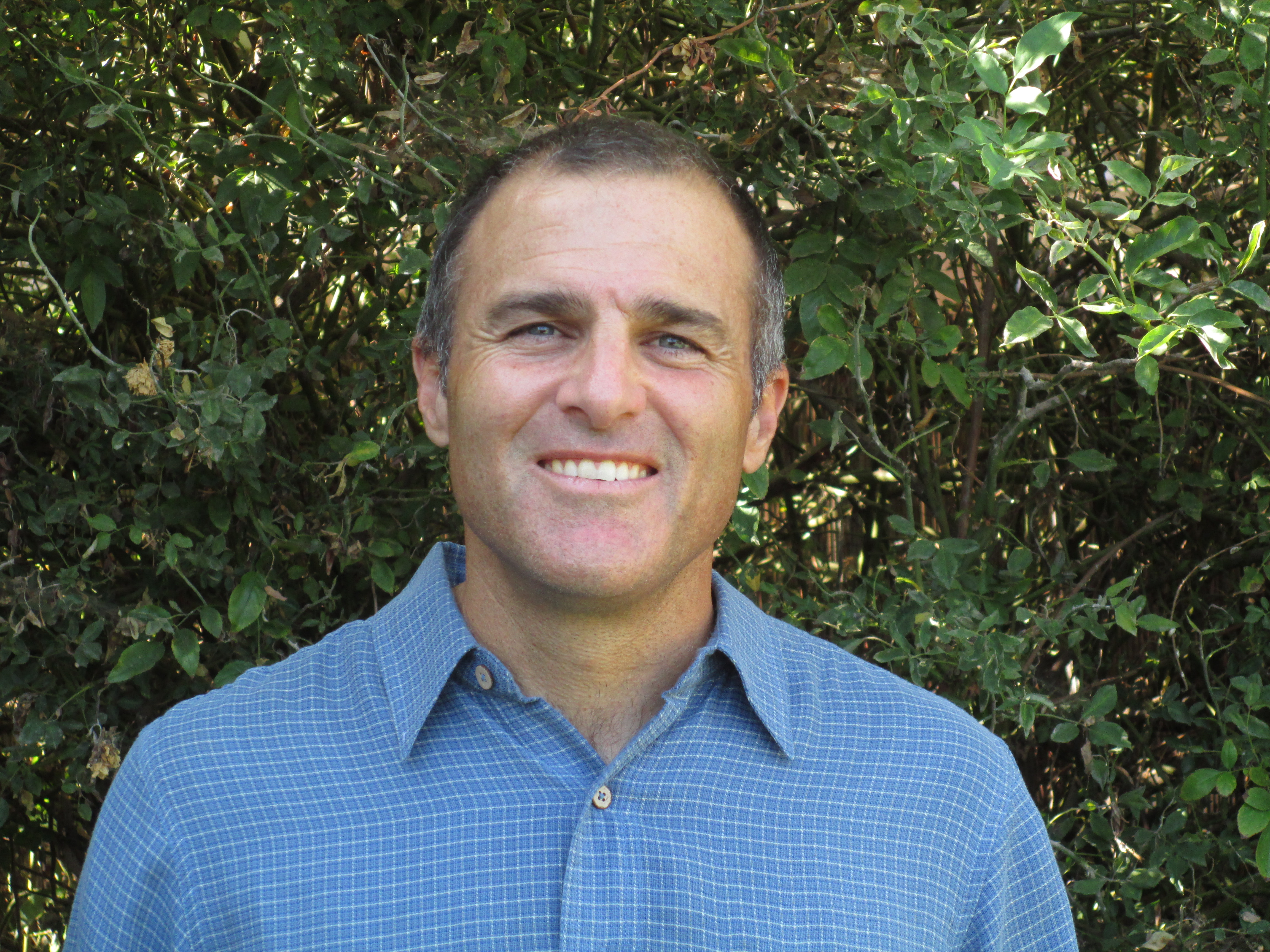Dimitri Keriotis’s short story collection The Quiet Time is forthcoming from Stephen F. Austin State University Press. His stories have appeared or are forthcoming in the Beloit Fiction Journal, Flyway, BorderSenses, Evening Street Review, and other literary journals. He teaches English at Modesto Junior College and co-coordinates the High Sierra Institute. He and his family live in the foothills of the Sierra Nevada.

We’ve all heard the news about the economy creeping back to life. This notion recently became real when a colleague and I wanted to bring writer Suzanne Roberts to Modesto Junior College to read from her memoir Almost Somewhere. I hit up my dean for some money for a P&W matching grant, and without pausing, he said, “I can find something for you.” As I walked out of his office, I wondered if I’d heard him correctly. The last time I asked for money I’d been laughed out the door.
Ours is a familiar story: Over the past few years of the Great Recession, the funding for nearly all things literary went bone dry. Our college’s literary journal—Quercus Review—though ten years strong with submissions from such heavy hitters as XJ Kennedy, Naomi Shihab Nye, Amiri Baraka, and Wanda Coleman was killed from the college budget in Robespierre guillotine fashion. And support for author events didn’t fare much better. Whereas we’d previously brought a poet to campus in the fall and a prose writer in the spring, and were able to pay them four figures, we found ourselves clawing at a few lost quarters found in the faculty lounge furniture. Hard times had hit. When I talked with friends at other campuses, they told me more of the same. I thought our college’s lit-event life was long dead.
But all hope was far from lost. Writer Daniel Chacón, who’d once taught at MJC, contacted me about coming to read and visit classrooms. When I told him that I wasn’t sure if I could scrape together a three-digit compensation, he said, “I understand. Whatever you can do will be fine.” Chacón’s response led the way, encouraging us over the next few years to invite other authors. We knew better than to try to offer two readings a year, so we scaled it down to one. Over the next three years we were able to average a reading a year because the writers essentially repeated Chacón’s message. It seemed as if an overall understanding spread across the literary community: We’ll do what it takes to breathe life into the events that keep our community alive. But still, we had to pay the artists something. Even when they said that they would come for free, and a couple did, it would have been criminal to take them up on it. One year we tapped a forgotten fund designated for literary events established back in the day, which allowed us to pull together enough funding to apply for a P&W matching grant. Another year we knocked on any door whose office had the faintest smell of money. The only one that came through was that of the Associated Students, the student government. After that we walked into a desert. Those who’d supported us in the past not only didn’t throw us a bone, they all but slammed their doors in our faces. We felt strongly about continuing our practice of visiting authors, and we became scared of what would happen if we stopped. While we could handle not offering our community a reading one year, we worried that the Pooh-Bahs in charge of the money would get used to writers not coming to campus, which would make it tough to bring them back when better times returned. Keeping our momentum up, though our number of readings had dropped by a half, was vital. We’d been lucky enough to receive P&W matching grants in the past, but what if you had nothing for P&W to match? Feeling gutsy, I called P&W’s LA office and asked this question. I nearly fell out of my chair when they encouraged us to apply anyway. We did, and P&W allowed our wheels to keep turning.
No doubt we have yet to fully return to fat times, but it seems like we’ve made it through the financial bottleneck. This past fall poet and memoirist Suzanne Roberts did come to campus, and this spring we’re bringing poet Patricia Smith. We’re able to offer greater compensations than we have in years. It’s a nice feeling, returning to flusher times that result in writers being rewarded more than has been possible of late. No doubt such rough times will return someday, but the lean times have taught us that we never have to completely do without literary inspiration.
Photo: Dimitri Keriotis. Credit: Ingrid Keriotis.
Major support for Readings/Workshops in California is provided by The James Irvine Foundation. Additional support comes from the Friends of Poets & Writers.







